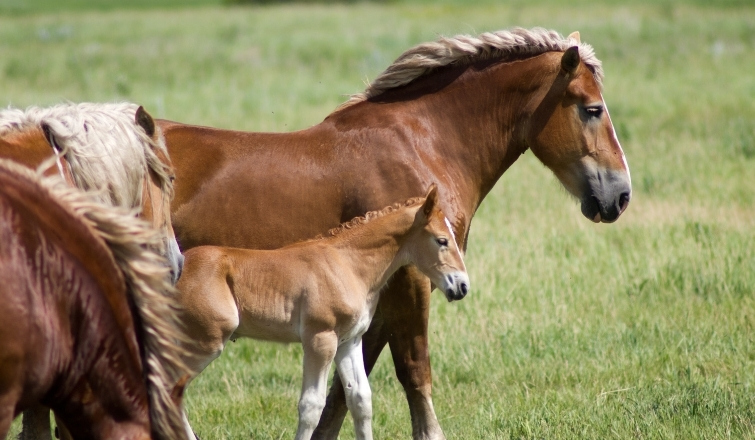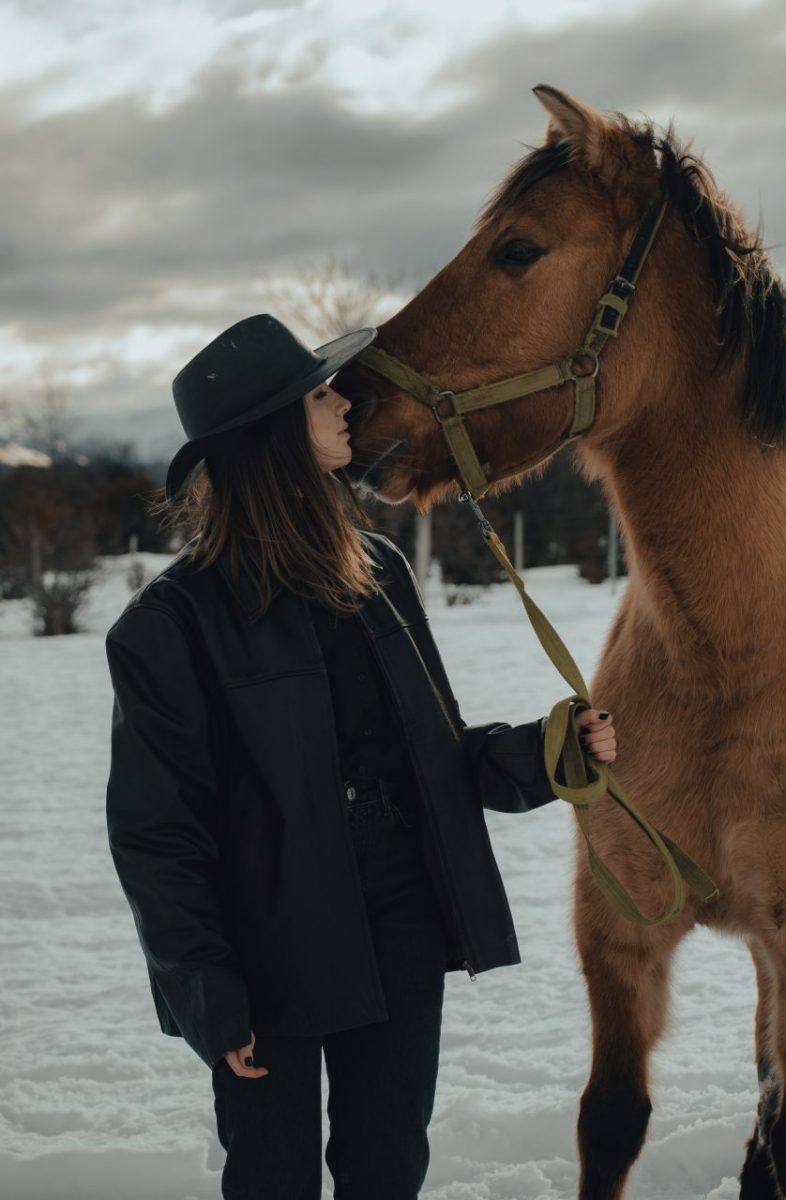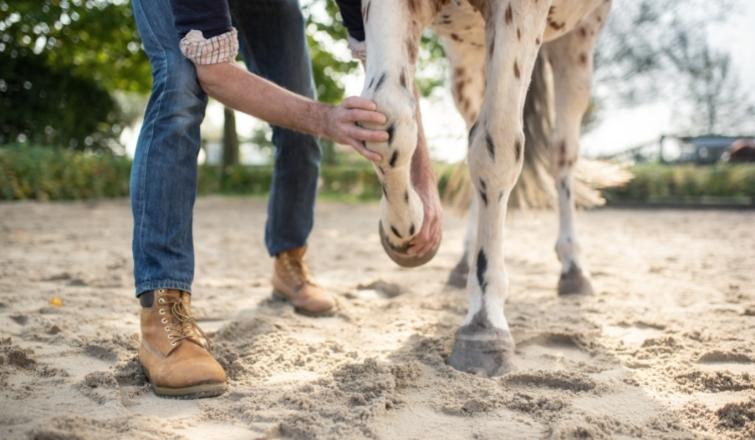
Everything You Need to Know About Equine Rabies
While rabies does not commonly affect horses in the United States, it can be extremely dangerous. Continue reading to learn more about equine rabies, and how you can help keep your horse protected.
What is Rabies?
Rabies is a neurological disease that appears in the form of a virus. It is commonly transferred through bites. Once an animal has been bitten by an infected animal, the virus begins to cause inflammation in the brain. This inflammation is known as encephalitis. The incubation period for rabies is typically 2-9 weeks, but depending on the animal, it may last longer.
Symptoms of equine rabies include:
- Aggression
- Refusing to eat or drink
- Signs of depression
- Incontinence
- Poor performance
- Difficulty swallowing
- Bruxism (teeth grinding)
- Loss of coordination
- Paralysis
- Lameness
- Colic
Because the signs of equine colic can be so varied, it can be relatively difficult to identify the disease. It is the unfortunate truth that rabies is extremely rapid-progressing, and is almost always fatal. Most horses who have been infected with rabies die within 3-5 days.
Helping Your Horse Avoid Rabies
Because rabies is such a dangerous condition, it is best to help them avoid it completely. Ensuring that your horse is regularly and properly inoculated against equine rabies is the best way to keep them safe and healthy.
Equine rabies cases tend to rise in late summer and fall, when the population of wildlife is usually at it’s peak. It is common for horses to contract rabies by being bitten by an infected wild animal, such as a fox, raccoon, or bat.
It is typically recommended to fully inspect horses when they are brought in from the paddock to ensure that there are no signs of bites. As it is not always possible to keep a constant eye on horses when they are turned out, the best way to ensure that they are safe is to keep up with their rabies vaccinations.
It is also important to be sure that the other horses in their barn are fully vaccinated, as well. Most boarding facilities require proof of vaccination records upon the horse’s addition to the facility, and in most cases, it is required to continue to keep up with regular vaccinations in order to keep the horse on the property. This is the best way to ensure that all horses on the premises are protected.
For more informative equestrian blog posts, check out our blog.
For more information about Stablebuzz stable management software, click here.



